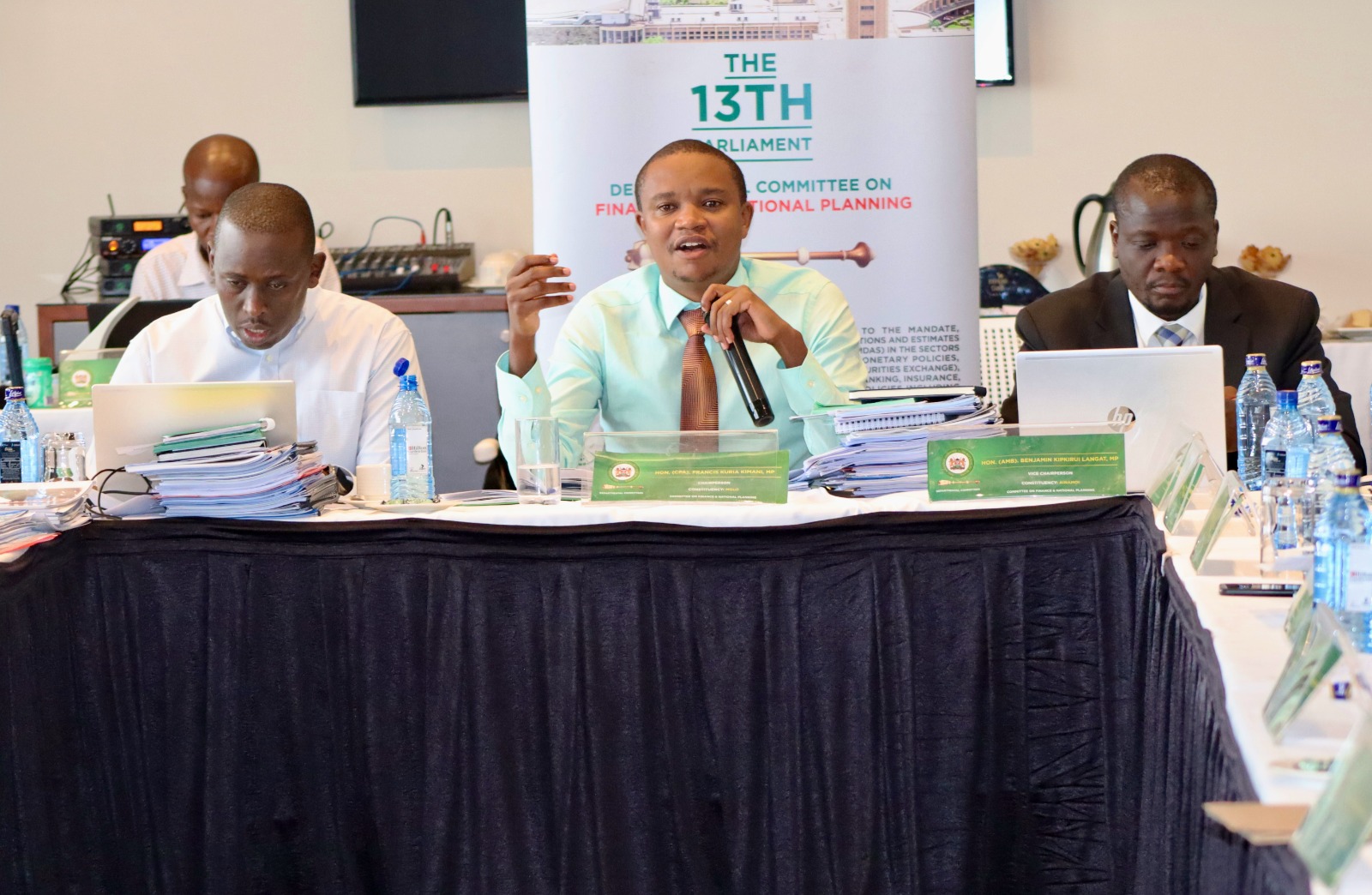Key Proposals In The Finance Bill 2023

The Finance Bill 2023, currently tabled before parliament contains tax proposals that have received criticism from a section of Kenyans who say will hike the cost of living which is already burdening them.
The Bill contains 84 clauses that aims at amending various tax laws and related statutes to expand the tax base and allow Kenya Revenue Authority to generate more revenue.
The changes in the taxes are as follows according to the Business Daily article;
VAT
Petroleum products- The Bill has proposed that VAT on petroleum products be increased to 16 percent from the current rate of eight percent.
The proposal is expected to have a significant effect on the cost of petroleum products in the country where the prices will be above the current.
Liquefied petroleum gas supply, on the other hand, will fall among tax-exempted products and hence will be more affordable to Kenyans.
Further, the bill has proposed the removal of a threshold that requires that foreign firms register for VAT if their annual submission exceeds Ksh. 5 million-all imported digital services will register for VAT.
laboratory reagents, vaccines for human and veterinary medicine, aircraft, and spacecraft parts will be exempted from VAT.
Housing Levy
A new statutory deduction into the National Housing Development Fund of three percent of gross earnings will be deducted if the bill is passed.
The Housing Ministry is expected to create criteria for persons qualifying for affordable housing.
Persons who fail to fall in the criteria will receive reimbursements at the end of seven years or may choose to pass on the benefit to a person qualifying for the cheap housing plan.
Income Tax
Here there is a proposal to introduce a higher personal income tax rate of 35% on the income of individuals which is above KES 6,000,000 per year (KES 500,000 per month).
Excise duty
The bill, if passed will empower Kenya Revenue Authority (KRA) to obligate certain firms in certain industries to pay instant excise duty such as the gaming industry is for instance required to remit excise taxes within 24 hours.
The proposal is expected to increase the cost of compliance for business accounting for excise duty including the setting up of systems to enable real-time payment.
Human hair, wigs, false beards, eyebrows, eyelashes, and artificial nails will begin attracting excise duty at the rate of five percent.
Other new excisable goods added include; imported fish at Sh100,000 per metric ton or 20 percent, powdered juice (20 percent), and imported cement (10 percent of the value or Sh1.50 per kilogram)
Increased excise duty rates- mobile money transfer services 12 percent to 15 percent creating a likelihood of increased mobile-money charges by telco operators, excise duty on gaming, betting, prize competitions, and lotteries move from 7.5 percent to a blanket 20 percent with the aim of raising tax nettings from the gaming industry.
Any amount charged in the disbursement of digital loans- Any amount charged in the process of a loan issuance by a digital lender will be subject to excise duty which is levied at 20 percent.
Digital Content Creators
According to the bill, digital content creation is an offer of entertainment, social, literal, artistic, or educational material electronically for payment purposes, therefore,15 percent of payments made to digital content creators will be withheld with taxpayers making the payments being required to withhold the tax.
Digital Assets Tax
A three percent levy on the transfer charges applied during the exchange of the assets which cover cryptocurrencies, digital currencies, and non-fungible tokens (NFTs) will apply.
Tax Amnesty
The Bill proposes to grant an amnesty on fines, penalties, and interest on tax debt where a person pays the principal taxes not later than 30 June 2023, does not incur a further tax debt, and signs a commitment letter for settlement of all outstanding taxes owed.
Tax procedures
Here the KRA will no longer grant relief because of doubt or difficulty in the recovery of tax on the part of the KRA
Miscellaneous Act and Levies Act
Import declaration fee- The bill has proposed to revise the import declaration fee from 3.5 to 2.5 percent.
Exported services
Exemption from VAT of exported services is proposed to be reintroduced.
Restriction of accelerated capital allowance
The Bill proposes to limit the applicability of the 100% and 150% investment deduction allowance to hotel buildings, buildings used for manufacture, and machinery used for manufacture. It further proposes that the investment deduction allowance of 100% shall not apply to investments which due to the nature of their business, must be in places which are outside Nairobi City County and Mombasa County.
Meanwhile, after a week-long of undertaking public participation in the Bill as required by law, the Departmental Committee on Finance and National Planning is now expected to engage the National Treasury and the Kenya Revenue Authority on some of the fundamental issues raised by respondents before retreating to write its report.
The Report is expected to be tabled when the House resumes from recess this June for consideration.
The Bill has a timeline of approval of 30th June 2023, which coincides with the enactment of the Appropriation Law, 2023.
Tags: William Ruto Ministry Of Finance Signstv Njuguna Ndung'U Finance Bill 2023


